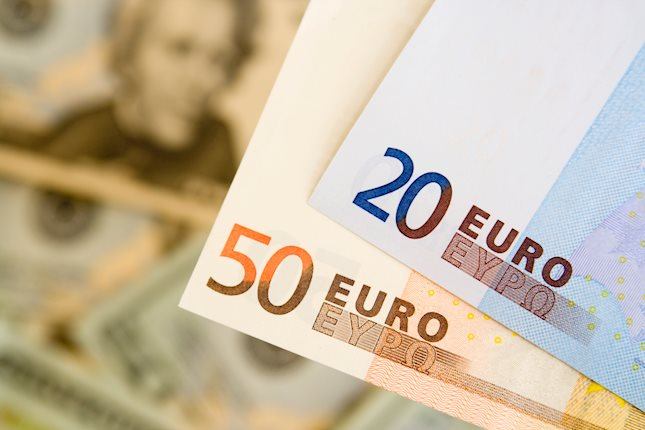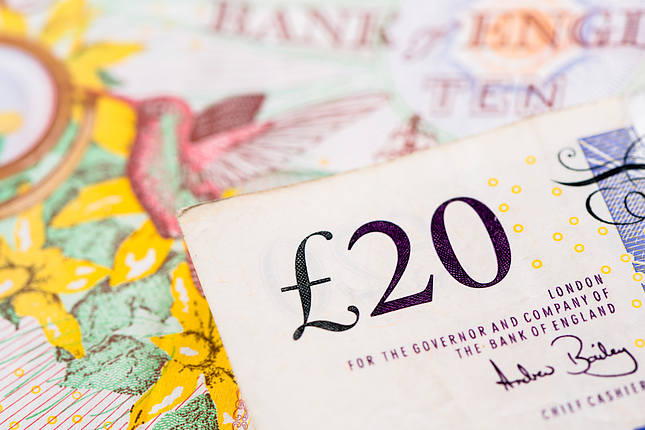Saudi Arabia’s gross domestic product exceeded $1 trillion for the first time; it was the fastest-growing G20 economy in 2022. The Public Investment Fund (PIF), Saudi Arabia's sovereign wealth fund and the sixth largest globally with $925 billion in assets (Kuwait its regional competitor is 5th with $980 billion), is embodying a profound shift in the kingdom's development strategy. As the Financial Times observed in October 2024, after eight years of frantic construction and unprecedented spending, Saudi Arabia is entering a new era defined by prudence. This isn't a retreat from ambition, but rather a sophisticated "recalibration" that signals the kingdom's maturation as a global power broker.
Under Crown Prince Mohammed bin Salman's leadership, PIF has transformed its investment approach while maintaining substantial capital deployment of approximately $40 billion annually. The shift from breakneck development to strategic prudence reflects a new phase in Saudi Arabia's evolution – one characterized by what experts describe as "recalibration" and "reprioritisation," with realism and pragmatism taking center stage (Financial Times).
This strategic reset is evident in PIF's increasingly selective investment strategy, focusing on sectors crucial to Saudi Arabia's future: tourism, sports, entertainment, healthcare, mining, and artificial intelligence. While mega-projects like NEOM and other modernization investment, with its unprecedented $1.5 trillion budget, remain central to the vision, they're now approached with greater consideration for practical implementation and sustainable development.
The fund's evolution reflects a broader transformation in Saudi Arabia's development approach. Moving away from reliance on external pricey consultants, PIF and the broader Saudi leadership is building internal capabilities and expertise, particularly focusing on its young population, where 80% are under 35. This shift towards self-reliance isn't just about cost savings – it's about ensuring the kingdom's transformation is driven by its own citizens, creating a sustainable model for long-term development and leadership.
Each potential investment now faces rigorous scrutiny for alignment with Vision 2030 objectives. The investment criteria have become more stringent, requiring clear demonstrations of how projects will contribute to the kingdom's economic diversification and development goals. This heightened selectivity demonstrates PIF's growing sophistication in translating financial power into tangible economic and social benefits for Saudi Arabia. This recalibration also showcases the leadership's strategic prudence. While oil prices float around $70 a barrel (WTI Crude) despite Saudi's significant production cut of 2 million barrels over the last two years, the Kingdom is demonstrating its ability to tighten its belt while re-reprioritizing investments. It is also important to remember that Saudi remains highly reliant on oil accounting for about 75% of its fiscal revenue. And economists and the International Monetary Fund (IMF) estimate that Saudi needs oil price of $96.20 per barrel to balance its budget, raising concerns about potential deficits.
The emphasis on Foreign Direct Investment has also evolved significantly. While in 2023, the Kingdom attracted $25.6 billion in FDI, beating official targets, the Saudi leadership is actively working to significantly increase foreign capital through investment-friendly regulations and frameworks, but with a crucial difference: partnerships are now evaluated not just for their financial returns, but for their potential to facilitate knowledge transfer, technological advancement, and the development of local capabilities. This approach will ensure that international investments contribute meaningfully to building Saudi Arabia's knowledge-based economy. Let’s also not forget that Saudi Arabia’s sovereign wealth fund tapped bond investors four times this year in order to finance its huge domestic investment plans. The last of its bond of September 2024 locked in $ 2 billion.
The new era of prudence extends to project implementation as well. Where once speed was paramount, now careful planning and phased development take precedence. This methodical approach allows for better risk management and ensures that resources are allocated efficiently across the kingdom's ambitious development portfolio. This recalibration doesn't diminish Saudi Arabia's ambitions. Instead, it represents a more mature and considered approach to achieving global leadership. Through PIF's careful deployment of capital and focus on future-oriented sectors, Saudi Arabia is orchestrating a transformation that will establish the kingdom as a dominant force in shaping the global economy of tomorrow.
The transition from aggressive expansion to strategic selectivity signals Saudi Arabia's evolution from a petro-dollar wealthy nation to an emerging global leader actively shaping the future of business, technology, and international relations. Under the visionary leadership of Crown Prince Mohammed bin Salman, this recalibration, marked by prudence and pragmatism, represents Saudi Arabia's emergence as a sophisticated global power broker. The kingdom is not just participating in the future – it is actively shaping it, demonstrating a level of strategic sophistication that few nations have achieved. This masterfully designed plan for global leadership may well become a case study in how nations can transform themselves while maintaining stability and cultural integrity in an era of rapid global change.
All information posted is for educational and information use only, and it should never replace professional advice. Should you decide to act upon any information in this article, you do so at your own risk.
Recommended Content
Editors’ Picks

EUR/USD falls as Wall Street turns red
EUR/USD turned bearish as Wall Street gives up and major indexes turn red. The pair trades near a fresh weekly low in the 1.0460 price zone. Earlier in the day, the European Central Bank trimmed interest rates as expected, and the United States published discouraging employment and inflation-related data.

GBP/USD dips below 1.2700 as US Dollar surges on risk aversion
GBP/USD finally broke below the 1.2700 mark in the American session, as sentiment shifted to the worse, following dismal US employment and inflation-related data. The poor performance of stocks and an uptick in Treasury yields boost demand for the US Dollar.

Gold dips below $2,700 as investors assess US news, ECB decision
XAU/USD fell towards $2,680 and remains under pressure as investors diggest US figures and the European Central Bank monetary policy announcement. Inflation in the US at wholesale levels rose by more than anticipated in November, according to the latest Producer Price Index release.
-637336005550289133_Medium.jpg)
Chainlink surges amid World Liberty purchase, Emirates NBD partnership and CCIP launch on Ronin network
Chainlink price surges around 15% on Thursday, reaching levels not seen since mid-November 2021. The rally was fueled by the Donald Trump-backed World Liberty Financial purchase of 41,335 LINK tokens worth $1 million on Thursday.

Can markets keep conquering record highs?
Equity markets are charging to new record highs, with the S&P 500 up 28% year-to-date and the NASDAQ Composite crossing the key 20,000 mark, up 34% this year. The rally is underpinned by a potent mix of drivers.

Best Forex Brokers with Low Spreads
VERIFIED Low spreads are crucial for reducing trading costs. Explore top Forex brokers offering competitive spreads and high leverage. Compare options for EUR/USD, GBP/USD, USD/JPY, and Gold.